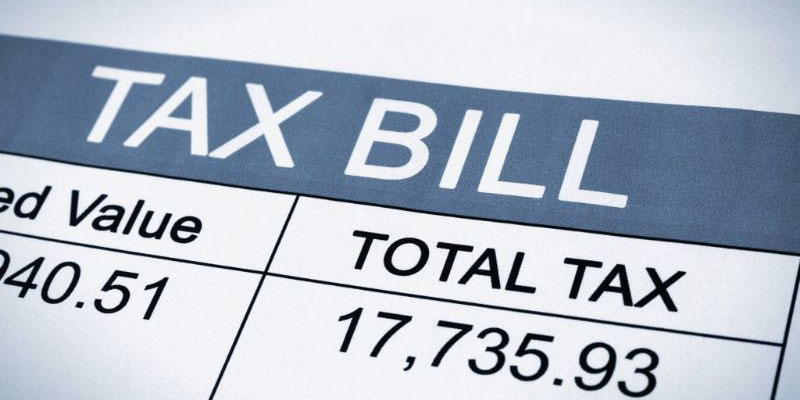What Does It Mean To Be Dependent? Everything You Have To Know
Dec 16, 2023 By Triston Martin
Someone who received more than half of their assistance from you financially throughout the tax year is considered a dependant. Depending on their age and the nature of your relationship with them, additional requirements must be completed.
You might save hundreds of dollars if you were allowed to claim them on your tax return—the principles governing who counts as a dependant and who does not should be understood.
Having a more prominent family or caring for elderly relatives might significantly impact your tax obligation. Let's talk about the ins and outs of claiming a dependant on your taxes, including who is eligible to do so and the difficulties that might arise.
What Does It Mean to Be Dependent?

A dependant is someone who needs your help financially, such as a child or an elderly relative who can't take care of themselves. According to the Internal Revenue Service, there are two categories of dependents.
Eligible Youngsters
The following conditions must be met for a kid to qualify:
- They must be your biological or legally adopted kid, a stepchild; a foster child; a sibling; a half-sibling; a step-sibling; or a descendant of one of these people.
- Your kid must be younger than you are, under the age of 19 after the tax year, or under the age of 24 if they have been a full-time student for at least five months, or totally and permanently handicapped.
- With a few exception, your child must live with you for more than half the year. They should have the intention of coming back to stay with you after their trip.
- Your kid must not have covered more than half of their support costs during the year.
Eligible Relatives
For a relative to qualify, they must also satisfy specific criteria:
- If they are not your parent or grandparent, your dependant must have lived with you the entire year. An exhaustive list of relatives who need not share living quarters with you is provided by the Internal Revenue Service.
- No, they can't be your qualified kid or the eligible child of any other taxpayer.
- For the whole 2020 tax year, they cannot have earned more than $4,300. To keep up with inflation, this cap might rise each year.
- For this to work, you'll need to pay for over 50% of the person's annual living expenses.
Advantages of Making a Dependency Claim
Personal exemptions, of which the claiming of dependents is a part, were first included in Section 151 of the Internal Revenue Code in 1954. One personal exemption per qualifying dependant was available. 4 It decreased the percentage of your income that was subject to taxation.
For 2018 through 2025, while the Tax Cuts and Jobs Act (TCJA) is in force, personal exemptions have been removed. However, the measure virtually increased the standard deductions. Several dependent tax credits were expanded, and one was added.
Should You List Your Dependents?

Although it's not required by law, most people should include their dependents on their tax returns so they may take advantage of the potentially thousands of dollars in tax credits available to those who do. You're throwing money away if you don't include them on your annual tax return.
However, certain credits begin to fade out at higher income levels. For the 2021 tax year, the Child Tax Credit is phased out for filers with adjusted gross incomes above $150,000 for married couples filing jointly, $112,500 for those filing as heads of household, or $75,000 for those filing as single or married but filing separately.
Explained Benefits
Having a child as a dependant might reduce your taxable income. There are a few other tax credits available for dependents that may be used to lower annual tax payments, and there are also a few different tax deductions that can be used to decrease tax payments.
To a certain extent, you can get your money back for unused credits. Once the IRS has cancelled your tax liability, any remaining credit will be refunded to you.
The Cons
One cannot file a tax return for themselves if they are claimed as a dependant. It may be more cost-effective for some people to prepare their tax returns. If your child is 18 and working full-time, they may be better off submitting their return than being claimed on yours.
If your salary is too large, you may not notice many results. There may not be much payoff for including a dependant on your tax return, as many credits are income-based and phase off at higher levels.

Marginal Tax Rate: What is it?

All About the Fractional Investing: Get Started in the Market Without Much Money

A Beginner's Guide to VA Life Insurance - Pros and Cons

Bear Flag Pattern: A Step-by-Step Guide for Navigating Bearish Markets

The Top Cities for Renters in 2024: Where to Live and Where to Avoid

Treasury Calls for More Oversight on Bank-Fintech Collaborations

A Complete Guide About What Are Core Assets?

Understanding Bonds and Investment Opportunities

How To Get Started Investing With Little Money

